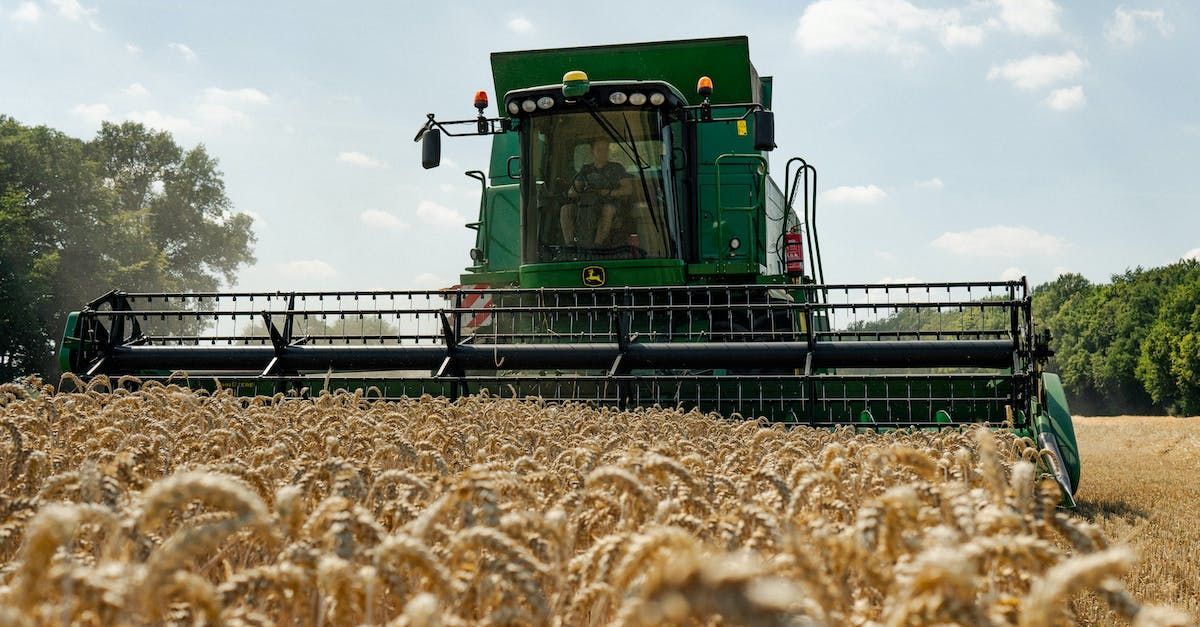Wind Farm Projects and the Paperwork – get (the right) advice!
Recently we have seen a significant increase in wind farm proponents exploring locations and seeking to lock farmers into land access agreements and long term leases.
Recently we have seen a significant increase in wind farm proponents exploring locations and seeking to lock farmers into land access agreements and long term leases without any wind testing and before they have a real buyer for the power. The proponents will invariably offer landowners upfront payments, dangle large annual payments and even larger rent payments to entice farmers to sign the access and Lease agreements, thus ensuring that they have access to the land should they go ahead with the wind farm project in the future.
A wind farm lease typically allows for the construction of turbines and associated structures, including roads, fences, compounds and electric transformers. Easements are registered for underground cables, access tracks and the air space around the turbine blades. These structures can restrict use of the farm land and impact on farmer’s rights to deal with the land.
Contracts generally include an option agreement and lease. Basically, the developers want an option, to be exercised anytime within 5 years, to lease the land, essentially “land banking”. Locking the farmer in to a project that may or may not go ahead. The documents themselves are detailed, complex and weighted for the benefit of the proponent. In our experience, these documents require substantial amendments to protect the farmer’s interests.
Many wind farm proponents say agreements must be signed urgently. Where the proponent is seeking an option to be exercised at any time in the next 5 years, time is not really the issue. There are a raft of approvals required for the construction of a wind farm, including from the EPA, Planning Commission and potentially aboriginal cultural heritage and it is important that a lease captures these requirements.
Of importance also is that the farmer has a right to simply say no, I do not want turbines on my land.
At Bailiwick Legal, we have been dealing with wind farm projects for many years. Our director assisted the 16 plus farmers on the Collgar project back in 2009, the first and largest major wind farm in WA. Since then we have acted for farmers from Yuna to Denmark on:
(i) Option arrangements
(ii) Licence arrangements for wind testing masts
(iii) Lease arrangements for small wind farms of 2 to 3 turbines
(iv) Lease arrangements for overhead wire routes; and
(v) Easements for live wires from turbines to mine sites
We have also dealt with dozens of farm access agreements exploring for mining and gas.
If you have been approached by a wind farm proponent looking to negotiate an option and lease it is essential that you seek legal advice from a lawyer who has experience with these projects and who understands the complex set of laws and regulations and the long term impact that these projects have on your business and land to minimise the risks associated with these projects, both short and long term.
If you would like further information please contact us on (08) 9321 5451, by email at office@bailiwicklegal.com.au
The above information is a summary and overview of the matters discussed. This publication does not constitute legal advice and you should seek legal or other professional advice before acting or relying on any of the content.



Working with you, working for you
Bailiwick Legal | Disclaimer | Privacy Policy.











